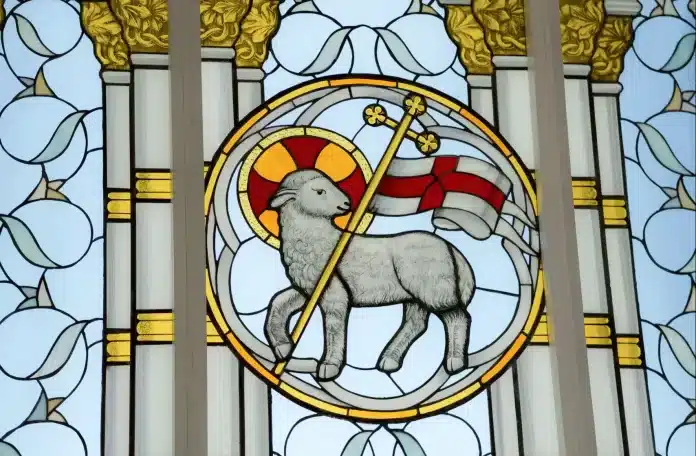The fifth church we’ll be looking at is the Church of Sardis – the dead church. As we begin reading about the Church of Sardis, we immediately see that Christ is displeased with them and doesn’t see anything for them to be commended for. It’s fairly short and quick to the point; they aren’t doing a good job, Jesus wants them to do better and hold on to what they’ve been imparted with.
In verse one, Jesus says that “I know your works, that you have a name that you are alive, but you are dead,” (Revelation 3:1). I believe what Jesus is saying here is that due to their works, they’ve garnered a positive reputation for themselves but in the eyes of Christ, it’s nothing.
In this sense, the Church of Sardis appears similar to the Church of Ephesus in terms of their works being “worthless” due to their heart being in the wrong place. Jesus also warns them, “Be watchful, and strengthen the things which remain, that are ready to die, for I have not found your works perfect before God,” (Revelation 3:2). Just from this we can see that there may have been some aspects of the Church of Sardis’ faith that have already “died off”.
However, there are a small number of those among this church that have held unto their faith, “You have a few names even in Sardis who have not defiled their garments; and they shall walk with Me in white, for they are worthy,” (Revelation 3:4).
A key idea expressed here are the garments not being defiled. This is commonly used in the Bible to refer to our sins and salvation (when our garments are made clean) or righteousness. Here are several verses expressing this idea of having spotless garments or not defiling our garments:
As if this idea of garments from verse 4 couldn’t be expressed enough, Jesus immediately references it again in verse 5 when he tells the church the reward that awaits for them in overcoming, “He who overcomes shall be clothed in white garments, and I will not blot out his name from the Book of Life; but I will confess his name before My Father and before His angels,” (Revelation 3:5).
As stated before, this is an important idea in the Bible not just because it’s correlates to the sinful nature of man and how we are saved and given “clean garments” but it has to do with the resurrection of the dead as well as the rapture.
Jesus has been alluding to the resurrection and rapture of his church since the first letter to Ephesus and this doesn’t change here. We can find this in Revelation 6:11 which talks about the fifth seal where those that were killed for having the testimony of Jesus are given “white robes”. I went into more details about the fifth seal and what it means in my article on the 24 elders here.
The only punishment Sardis will have to face if they don’t repent is that Jesus will come at a time they don’t know (Revelation 3:3). I made this same connection in my article about the Church of Ephesus; if they continue as they are without paying attention, they won’t be able to discern the times and know the season of Christ’s return. The opposite is true if they pay attention.
If you enjoyed this study, you can find similar studies on the book of Revelation here including the 24 Elders, the 4 living creatures, 4 Horseman, etc.




 Support the Ministry
Support the Ministry
[…] The 7 churches of Revelation: Sardis […]
[…] The 7 churches of Revelation: Sardis […]